Our Strategy
HealthAI—The Global Agency for Responsible AI in Health is a nonprofit organization focused on expanding countries’ capacity to regulate artificial intelligence in health.
Progress towards our strategy will result in stronger policies, regulations, and institutions for the effective governance of AI technologies in health, reducing the risks and costs of applying AI to health systems and services. This will ultimately lead to an enabling environment that capitalizes on the full potential of responsible AI solutions to improve the health and well-being of all people.
HealthAI: Organizational Strategy
HealthAI employs governance and regulation for AI in health to build trust, advance equity, and deliver on AI's potential.
Our Core Areas of Work
National Regulatory Mechanisms
Global Regulatory
Network
AI Solution
Repository
Advisory
Support
The Need
Lack of effective governance is increasing the risk and hindering adoption of Responsible AI solutions towards better health outcomes.
This lack of national governance mechanisms contributes to the slow adoption of AI solutions within health systems. Governments are hesitant to approve technologies without stronger evidence of technology’s safety and efficacy; technology developers do not have a clear path for certification and approval from regulatory agencies; and private sector companies are left to develop ethical frameworks without the broad, inclusive network or experience needed, resulting in frameworks that may be too narrow, incomplete, or misaligned with the public good.
Strengthening the governance of AI in health is necessary to safeguard the future of health. To realize the potential of these technologies and keep citizens safe, we must ensure these technologies contribute effectively to global progress on health and well-being.
Long-Term Impact
Improved health and well-being outcomes for all
We have only just begun to see the implications of AI-power healthcare. Natural language processing, learning models, and many other AI tools will continue to forge new pathways of learning, connecting, and creating that will result in new medicines, new diagnostic tools, new service types, and even new understandings of “health and well-being.” Paired with the vast amounts of data available in health systems today, AI can and will define the next phase of health.
AI is already contributing to drug development, radiology and imaging, outbreak monitoring, and dissemination of health information. Researchers and technologists around the world are actively working on new tools and platforms to tackle some of the hardest challenges facing health systems today.
By proactively addressing the digital divide, we can ensure the benefits of AI-powered health are shared equitably across all countries and communities—leaving no one behind. By constructing strong, responsive regulatory systems, we can preemptively address the risks and harms that AI can cause.
Long-Term Outcomes
Increased and equitable access
to safe, high-quality, and effective
AI solutions for health
Increased trust, investment, and innovation in Responsible AI
solutions for health
Increased government revenue
from regulatory activities
HealthAI contributes to a world where Responsible AI solutions contribute to the health and well-being of all countries and communities. By supporting country-driven regulatory mechanisms, we promote safe, effective, and high-quality AI technologies that improve health, reduce costs, and expand the reach of health services. With strong, responsive regulation, we enhance trust in AI technologies so that policymakers, health workers, and patients alike are confident in the efficacy and ethics of these tools. We help countries design regulatory systems that are sustainable and provide new revenue sources to support these essential activities.
Our work creates the trust, equity, and sustainability required to achieve the full potential of Responsible AI for health.
What is ‘Responsible AI’?
The term Responsible AI refers to artificial intelligence technologies that align with requirements sets by normative agencies and other leaders in the sector, with specific focus on equitable, ethical, and human-centric attributes. HealthAI generally defines it as:
AI solutions that are ethical, inclusive,
rights-respecting, and sustainable.
Attributes of Responsible AI include:
Protection of and respect for human autonomy, agency, and oversight
Transparency, explainability,
and intelligibility
Promotion of human
well-being and safety
Responsibility and accountability
Commitment to
‘do no harm’
Inclusivity and equity
Sustainability
Adherence to laws
and ethics
Technical robustness and safety
Societal and environmental
well-being
These attributes are applied across all aspects of AI technologies, from the technical development of the solution, to the use and management of data, the implementation and stewardship of the technology, uses of the technology, and the ultimate result of its application.
This definition is derived from the WHO publication titled Ethics and Governance of Artificial Intelligence for Health, the International Development Research Center’s AI for Global Health Initiative, a framework developed by the European Commission’s High-Level Expert Group on AI, described in the Ethics Guidelines for Trustworthy Artificial Intelligence, and a journal publication from Information Systems Frontiers.


